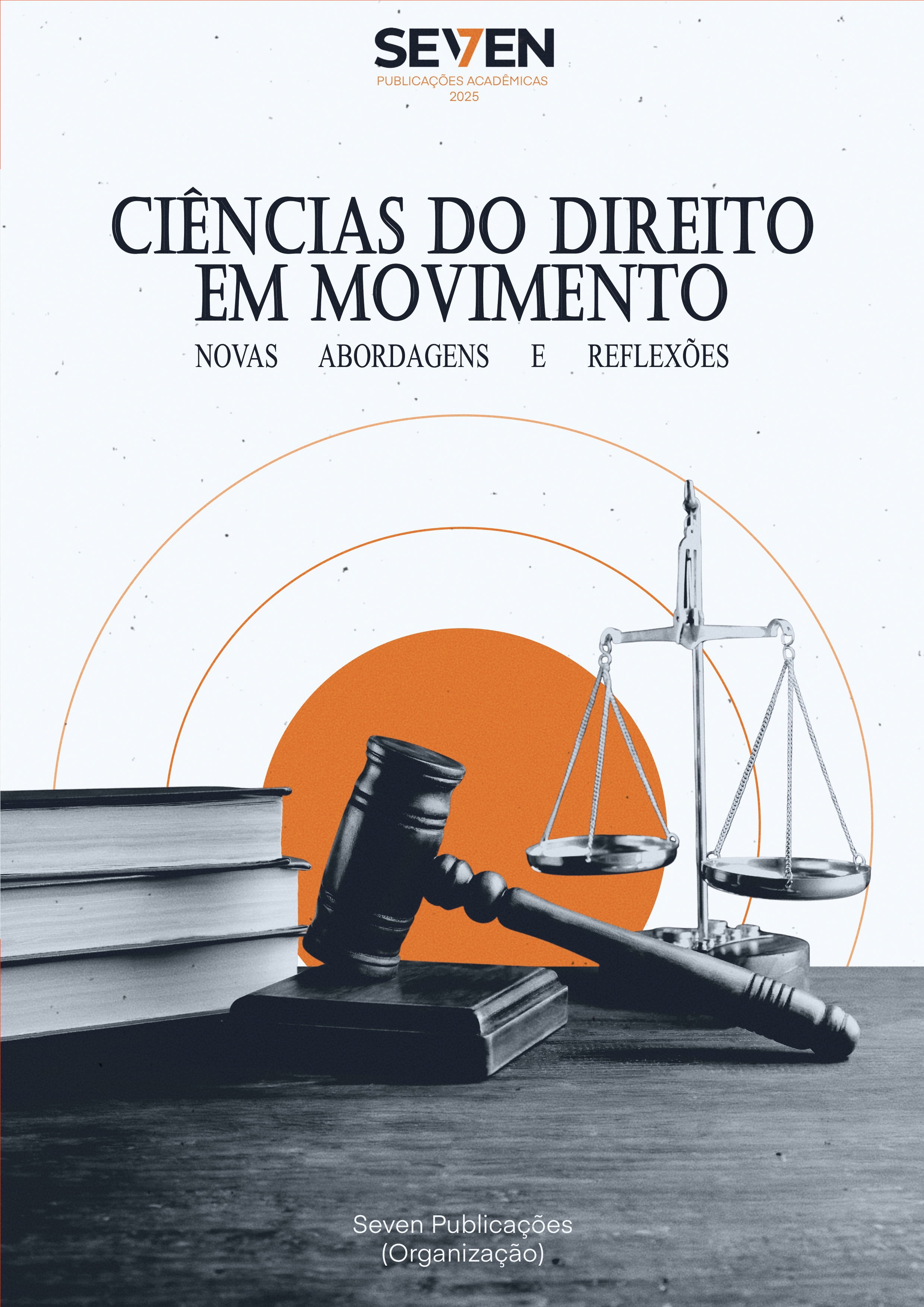GLOBAL GOVERNANCE AND ACCESS TO ESSENTIAL MEDICINES: THE ROLE OF INTERNATIONAL LAW IN PROMOTING HEALTH EQUITY
Keywords:
Global Governance, Access to Essential Medicines, International Law, TRIPS Agreement, Health EquityAbstract
This chapter examines global governance in access to essential medicines, highlighting the paradox between the formal recognition of the right to health in international law and the structural barriers that perpetuate inequalities, particularly in peripheral countries. Using a critical approach and document analysis, the study assesses the TRIPS Agreement as a mechanism that, by protecting patents, restricts generic drug production, while the Doha Declaration (2001) proves inadequate in the face of geopolitical pressures. Cases such as compulsory licensing in Brazil and India, alongside the failure of the pandemic waiver, lay bare the asymmetries of a system where commercial interests prevail over public health. The analysis demonstrates that
Downloads
Published
Issue
Section
License
Copyright (c) 2025 Geraldo Emílio Porto, Raíssa Maria dos Santos Sousa

This work is licensed under a Creative Commons Attribution-NonCommercial 4.0 International License.





